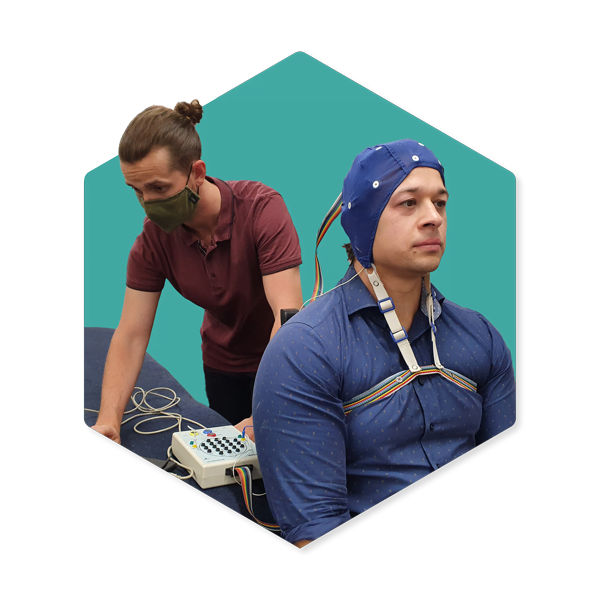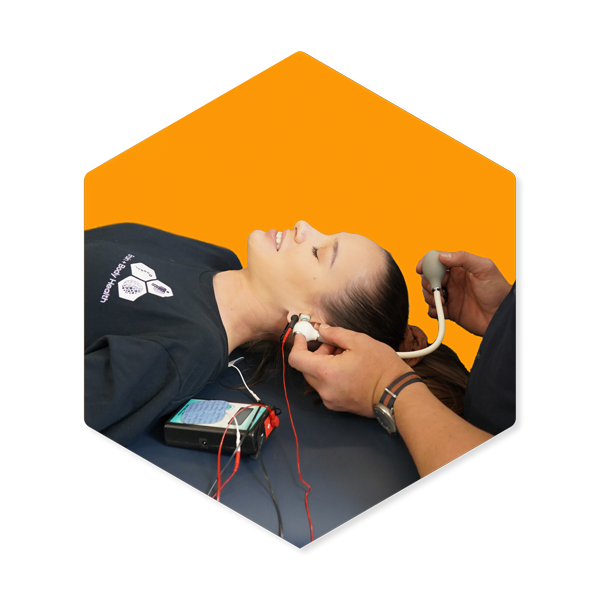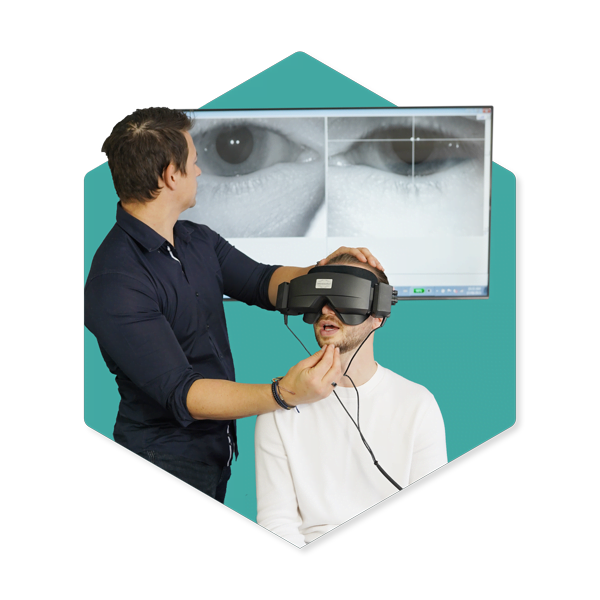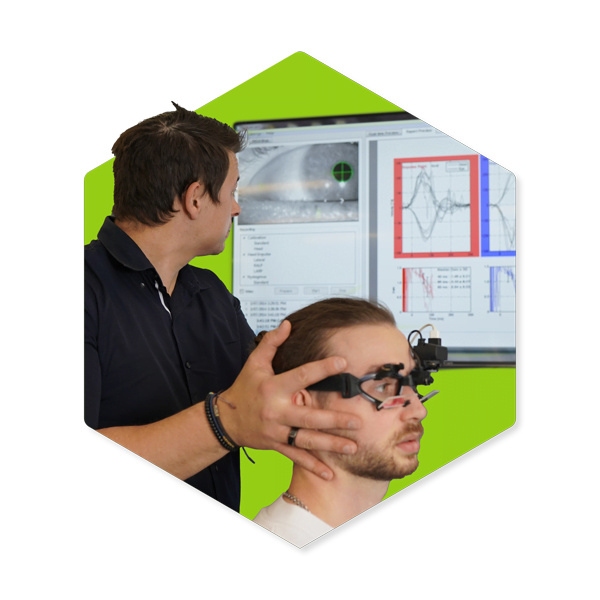What does HRV (Heart Rate Variability) mean?
You may have heard the term before and wondered, what are they talking about? HRV is simply the measure of the variation in time between each heartbeat. This variation in heart rate provides us with important information about the functioning of our nervous system.
Now, most people have likely heard about resting heart rate, which is typically around 60-70 beats per minute and assumed that heart was constant. However, this is not the case, heart rate changes by small fractions with every beat. This variation is controlled by our autonomic nervous system (ANS), an involuntary and primitive part of our nervous system. The ANS is divided into two major components called our sympathetic nervous system (fight or flight – stress response) and our parasympathetic nervous system (rest and digest – relaxation response). These two systems directly control our heart rate every second of everyday and respond to changes in our environment, our mood and our physical well-being. They respond not only to that poor nights sleep or the stress of an upcoming assignment but also to the excitement of hearing your favourite song, eating a healthy meal or finishing a new workout. All of this information is constantly being processed and interpreted by the brain to determine which of these systems should be more active.
So now you know what HRV is, but why is it important?
Well, it is an easy, non-invasive way to assess imbalances in your ANS. If a persons nervous system is in a stress response state then the variation between heart beats is low. If another person is in a more relaxed state then the variation between their heart beats will be high. Constant stress, low mood, poor sleep, unhealthy diet, lack of exercise, among other things can lead to an imbalance in your ANS where your nervous system is in a constant state of stress. Thus, a low HRV generally indicates that the body is under physical or psychological stress.
At Brain + Body Health, we utilise an HRV test to determine whether your HRV is high or low and if your nervous systems favours a stress response, a relaxation response or if they are in balance. With this information we are able to provide specific techniques as part of a management plan which can bring your nervous system back into balance.
Interestingly, in the last two decades low HRV has been associated with an increased risk of depression and anxiety, poor cardiovascular health and even a greater risk of death, where as individuals with high HRV tend to have more energy, greater cardiovascular health and are more resilient to stress because there nervous systems is healthier and able to switch gears between a stress response and the necessary relaxation response quickly. There is still lots of research continuing to come out for HRV and its implications from a health perspective but it is fascinating to see how HRV changes as your incorporate more mindfulness, meditation, breath control, improved sleep and increased physical activity into your daily routine.
https://www.health.harvard.edu/blog/heart-rate-variability-new-way-track-well-2017112212789









